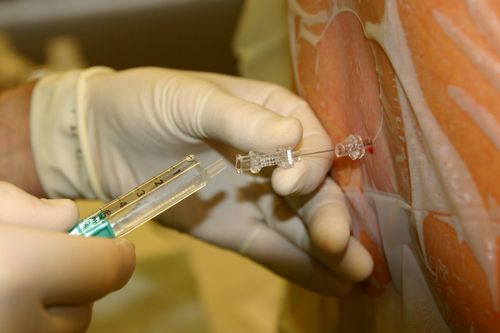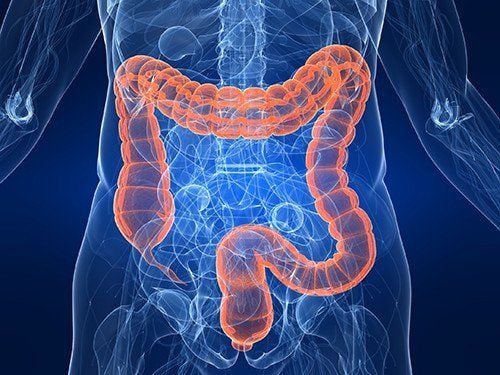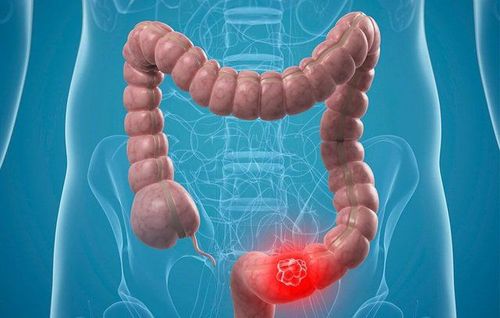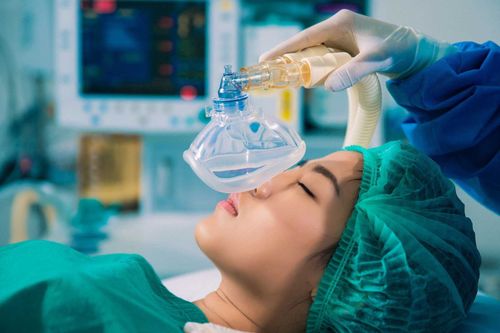This is an automatically translated article.
The article was written by Specialist Doctor II Nguyen Quoc Thai - General Surgery Doctor, Department of General Surgery - Vinmec Central Park International General Hospital.For very low rectal tumors, where the sphincter cannot be preserved, surgical resection of the colon, rectum, and anus is required. Thus, after surgery, the patient will wear an artificial anus for life.
1. Overview of colon-rectum function
Food after passing through the esophagus, stomach, small intestine will go to the colon, rectum and excreted through the anus. The colon and rectum have many important functions for the body, including:Reabsorption of water and nutrients and support water and electrolyte balance: thanks to the fermentation process with the help of of beneficial local bacteria and colonic excretory capacity. The colon must absorb the water in the stool, concentrating it. Normally, the digestive juices going to the colon must contain about 1000-1500ml of water, but only 100-150ml of water in the stool is due to this function of the colon. Fecal bag and excreta: After being concentrated, feces are stored in the left colon, rectum, and then excreted.
2. In which case is the colectomy-rectum surgery used?
Indications for colectomy - the most commonly used in the treatment of colorectal cancer, with the principle is to remove the segment of bowel with tumor, with the cut margin to ensure safety without malignant cells and lymph node dissection.In addition, colectomy - rectal surgery is also used in the treatment of colonic diverticulitis, Crohn's disease, multiple polyps...
Depending on the location of the lesion, it is possible to remove the diseased bowel as in image below, with the blue part being omitted:
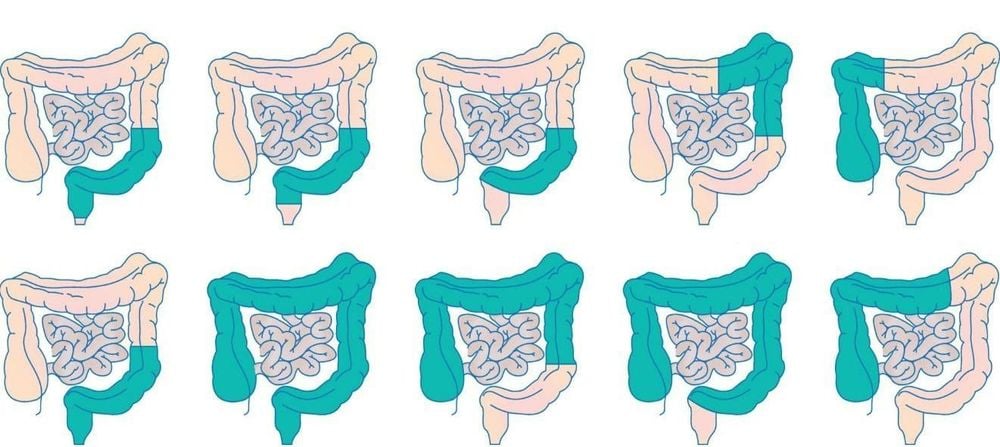
3. Functional disorders after colectomy-rectectomy
These disturbances are site-dependent—corresponding to resection function and segment length.For example, the right colon has the function of absorbing water, then after colectomy, the patient has loose stools because water is not absorbed and there is still a lot in the stool that is excreted. Fortunately, however, the body is able to adapt and usually the patient will return to normal bowel movements after a few weeks.
Similarly, patients who underwent total colectomy and colectomy - anal canal will also present with diarrhea.
When removing the left colon, removing the colon - the rectum, patients often have functional disorders due to the absence of a reservoir such as: urgent bowel movements (can't hold bowel movements for as long as before surgery), frequent bowel movements, and involuntary bowel movements. owner.
For low rectal anastomosis at 1 year after surgery, it is estimated that about 6-53% of patients have urgent bowel movements, the average number of bowel movements is 2.5-4 times/day, 12.6-26% patients lost bowel control, 7-29% lost control of loose stools, 5.8-16% lost control of solid stools, 13.8-35% had to use tampons regularly.
Currently, cancer treatment is a multimodal treatment, in which preoperative chemoradiation plays a very important role for low rectal tumors, which can help to reduce tumor size (lower stage of disease), and helped many patients have surgery to preserve the anal sphincter while still ensuring the principles of cancer treatment.
Calculation of radiation dose, accurate irradiation field, and postoperative physiotherapy measures can help reduce functional disorders after colectomy.
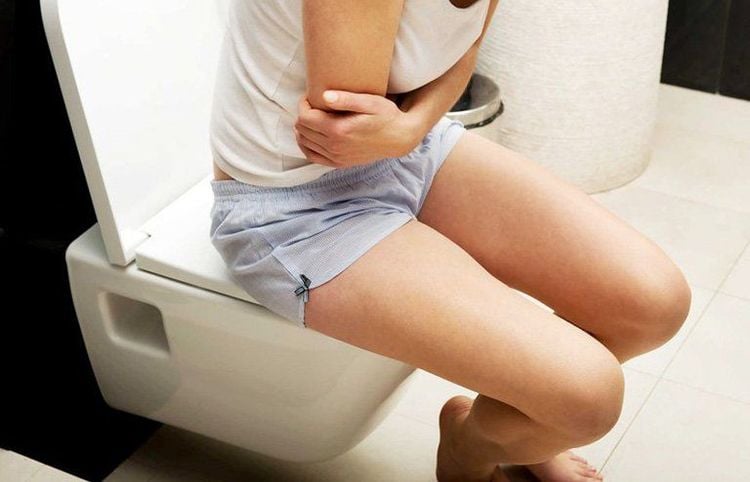
Bệnh nhân được cắt toàn bộ đại tràng, nối đại tràng - ống hậu môn sẽ có biểu hiện tiêu chảy
Please dial HOTLINE for more information or register for an appointment HERE. Download MyVinmec app to make appointments faster and to manage your bookings easily.






